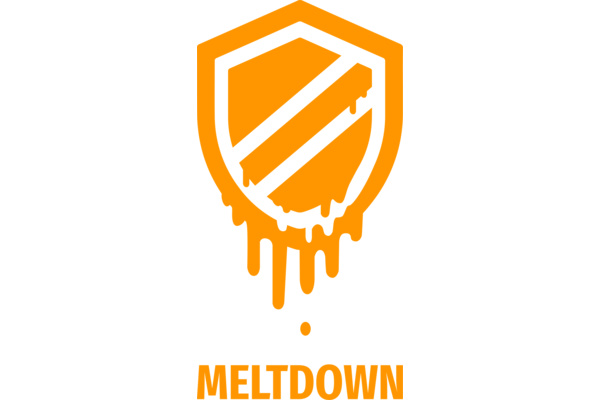
Both manufacturers and platform developers have been patching the problems Spectre and Meltdown entail, to the extent that they can be prevented, but there's one new problem that appears after you've patched your system.
See, Microsoft talked recently about how the software patches might make your computer slow down a little bit, and Intel seems to agree. The world's largest CPU manufacturer has released test results on how much you can expect slowing down after the patch.
On Windows 10 machines the overall office productivity performance declines around 5 to 10 percent on Intel's Core chips. The exact percentage depends on many factors including, but not limited to, generation of the CPU, the version of Windows, as well as even the computation type.
On Skylake CPUs, that's the 6th generation of Core chips released couple years ago, the drop is around 8 percent while newer 8th generation chips (Kaby and Coffee Lake) slow down less than 6 percent. Mostly the slowdown was reported in the responsiveness section, which took a hit of up to 14%. The office productivity tests were done with SYSmark 2014 SE.
Intel also lists benchmark scores with PCMark 10 as well as 3DMark Sky Diver which cover better content creation and game performance. Both of those are affected less than the office productivity based SYSmark.
However, if you have both an older Windows and an older Intel CPU the effects might be in a different scale. Unfortunately at this point Intel hasn't got data for 5th gen
(and older) CPU's on older Windows systems. On Windows 7 with 6th gen chips the decline is comparable to newer chips on Windows 10.
Intel has included all the benchmark results here on their newsroom post.
Written by: Matti Robinson @ 12 Jan 2018 13:29
